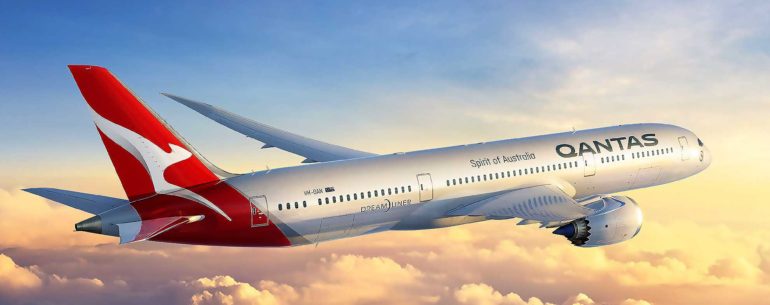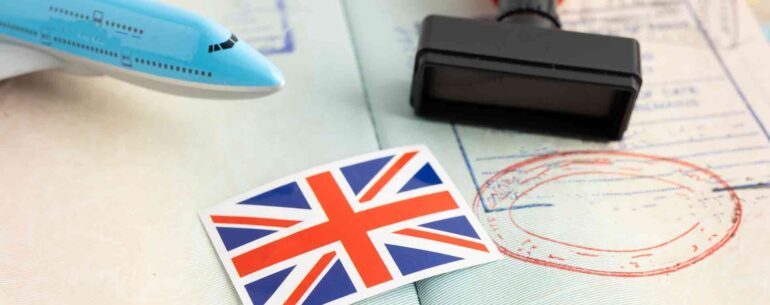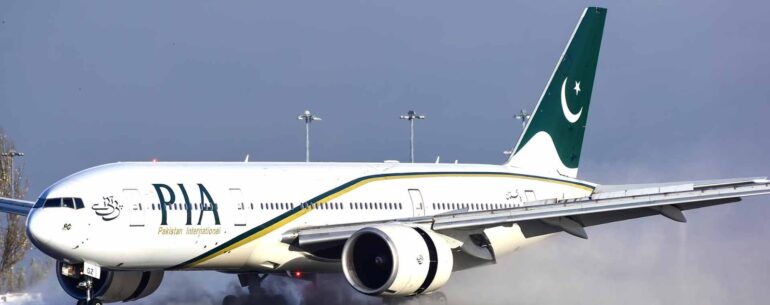Table of Contents
For the sceptic reader, this could only mean one thing: this is just another marketing technique to increase the sales of the Australian flag carrier. To that thinking Immanuel Kant, the 18th-century philosopher said, “Skepticism is thus a resting-place for a human reason… but it is not a dwelling-place for permanent settlement.” Every one of us suffers from jet lag, especially after long-haul flights. Qantas’ quest to discover a solution to the problem, in collaboration with the University of Sydney, should be given attention by travellers everywhere.
Also Read: Qantas Airways announces special fare for the festive season.
The inner tick tock
This news comes as United Airlines cancelled all nonstop flight operation between Los Angeles and Singapore. Long haul flights not only disturb in inner clocking mechanism of the brain, but they are also expensive for the airline and the passenger. United Airlines, perhaps, would have alternatives for its clientele; however, Qantas does not have that luxury. The geographical location of Australia is such that only long-haul flights suit its customers. The flight route from Australia to London is lucrative for Qantas and the airline is hiring experts, professors and sleep doctors from the University of Sydney to help its passengers ease into new time zones.
Spaghetti but no meatballs
This health and well-being partnership was established last year between the University of Sydney’s Charles Perkins Centre and Qantas Airlines, a partnership that was the first of its kind. After a year of research a team of nutritionists, metabolic scientists, clinical sleep therapists and biomedical engineers came up with a plan. There first and foremost advice was to tweak with the timings and ingredients of the meals served mid-flight. Consequently, the airline has now decided to serve meals two hours later than before. Previously meals were served immediately after the aeroplane became airborne. This helped the passengers to regulate their mealtimes according to the local time of their destination.
The use of peppers and chilies were also discouraged in the meals. Instead, the menu offers probiotic juices and supplements that could help calm the digestive tract. Qantas’ jet lag smashing menu offered meals that had more carbohydrates and tryptophan, like pasta and bread, which help promote sleep during the flight.
Quench the thirst
Professor Steve Simpson has also encouraged the airline to offer more food that is pack with moisture, like cucumber salads, fruits, and steamed fish. The professor indicated that the air dehumidifying systems on aeroplanes make the jet lag even worse. The dehumidification is essential; without it, the aluminium sheets keeping the airplane intact would corrode over time and increase the risk of the spread of avian diseases. By drinking, water and eating foods which have a lot of water would make the dry air of the cabin less bothersome.
Fitbits and blue lights
Bio-Engineers have already tested the electronic wristbands which monitor the movement of passengers and their biorhythms during the flights. The findings from these devices have further encouraged the airline to form a logical plan that could offer the passengers a better experience and lessen the impact of the jet lag. Sleep doctors also have prescribed the airline to regulate the intensity of the in-cabin lights and adjust the colour according to the time and weather conditions of the destination city. Endeavors like these make Qantas truly a headliner airline that is finding ways to evaporate our jet lag before




Leave a Reply
You must be logged in to post a comment.